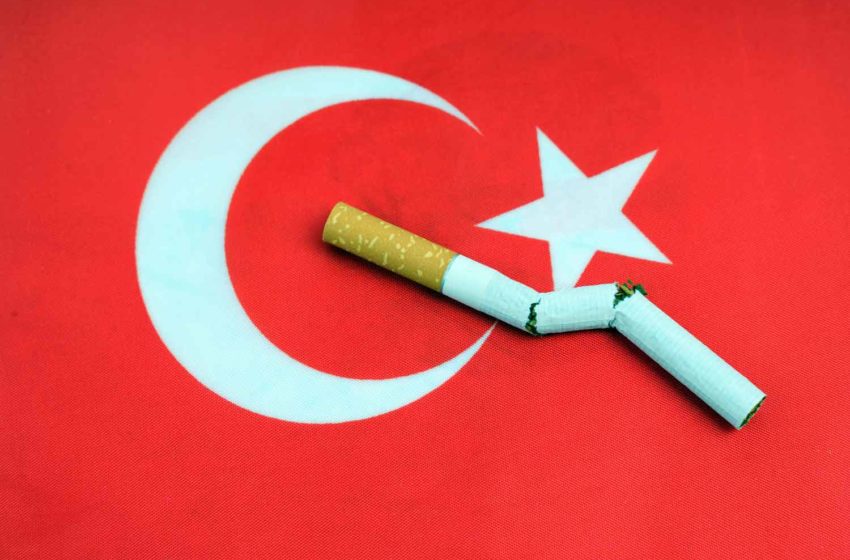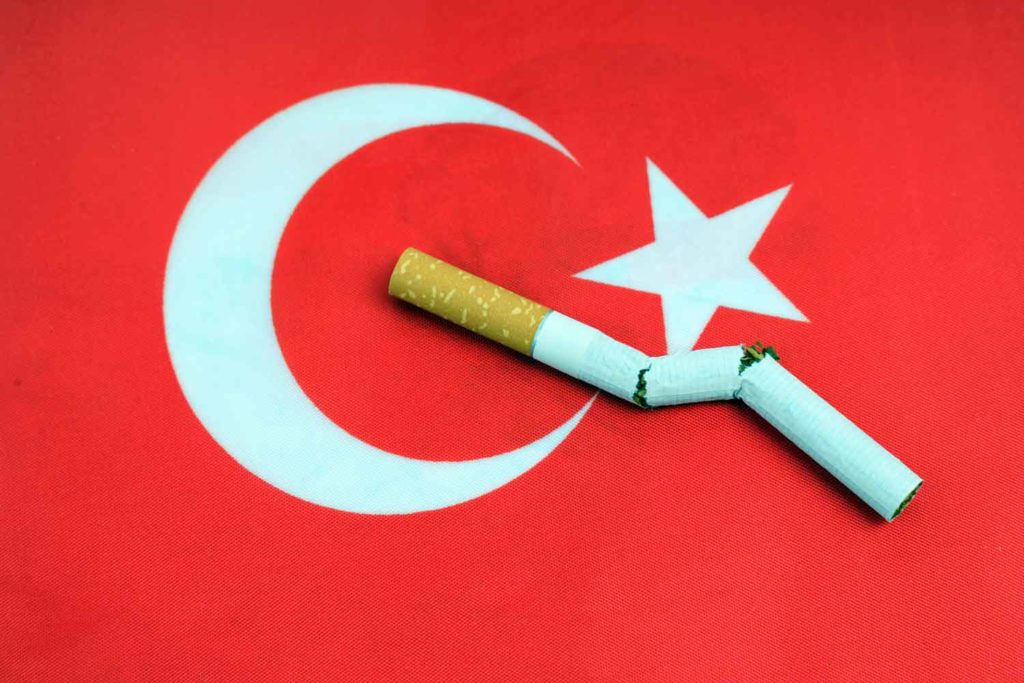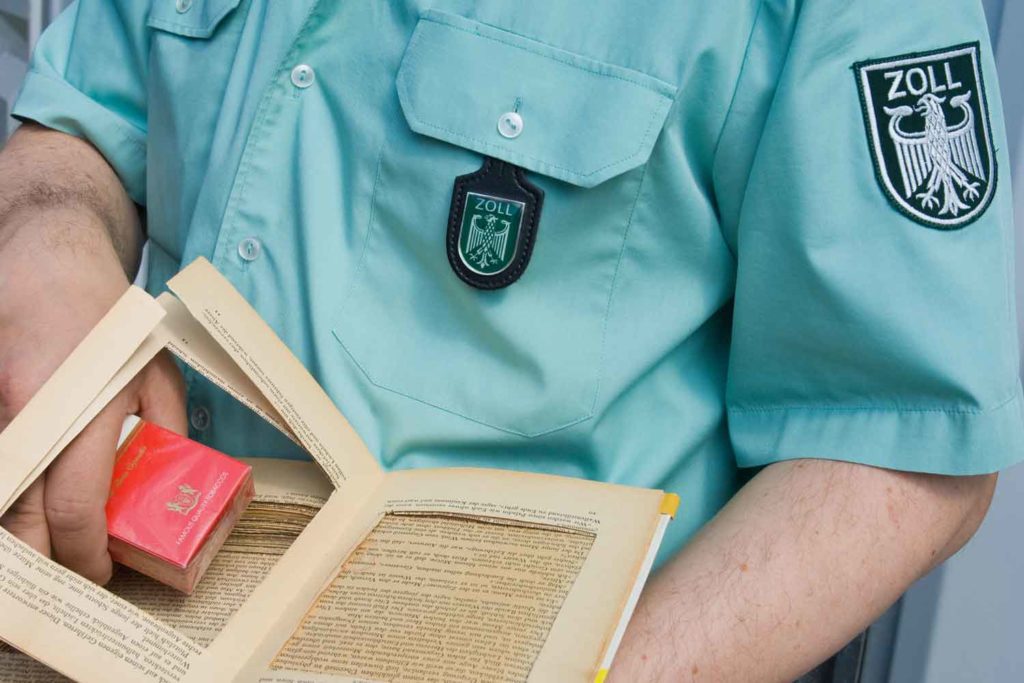
German authorities seized around 10.4 million undeclared cigarettes in Lubeck-Travemunde, reports Xinhua, citing a statement by the customs investigation office in Hamburg.
The discovery was made when customs officers performed a routine check on a trailer arriving by ferry from Latvia. The truck had declared a consignment of peat, but instead, officers found cartons each containing 10,000 cigarettes.
According to customs officials, the smuggled cigarettes represented a tax loss of €1.9 million ($1.9 million). Authorities are now investigating the origin of the cigarettes and the recipients, who are believed to be located in Western Europe.
“Customs have once again uncovered a significant tax loss in Travemunde and are thus making a major contribution to tax justice in Germany and Europe,” Stephan Meyns, spokesperson for the Hamburg customs investigation office, was quoted as saying by Xinhua.
Earlier this month, German authorities arrested four people for cigarette trafficking.
Investigators had searched 46 residential and business premises throughout the country, confiscating cash, cigarettes and tobacco. German authorities estimate that the smugglers caused tax losses of around 11 million euros.
As par the operation, authorities also uncovered illegal manufacturing plants in Romania and Slovakia, according to the Osnabrueck Public Prosecutor’s Office and the Prosecutor’s Office and Customs Investigation in Essen.

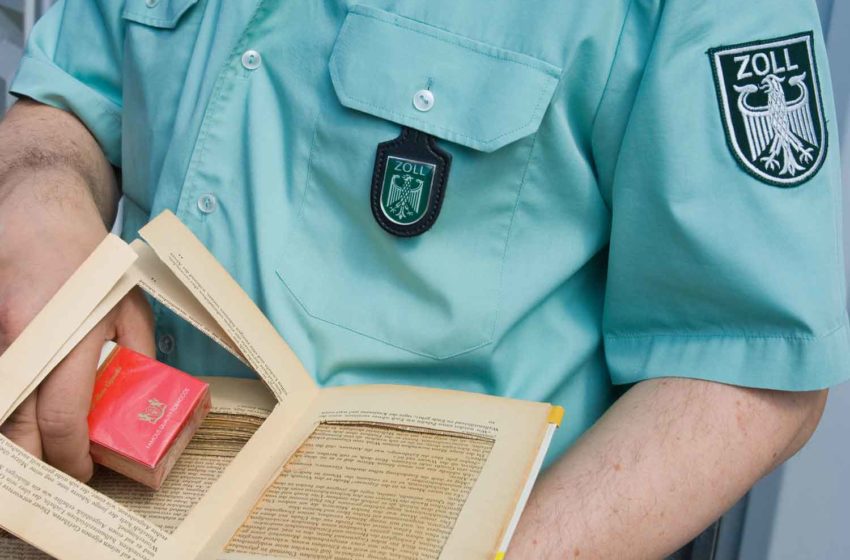


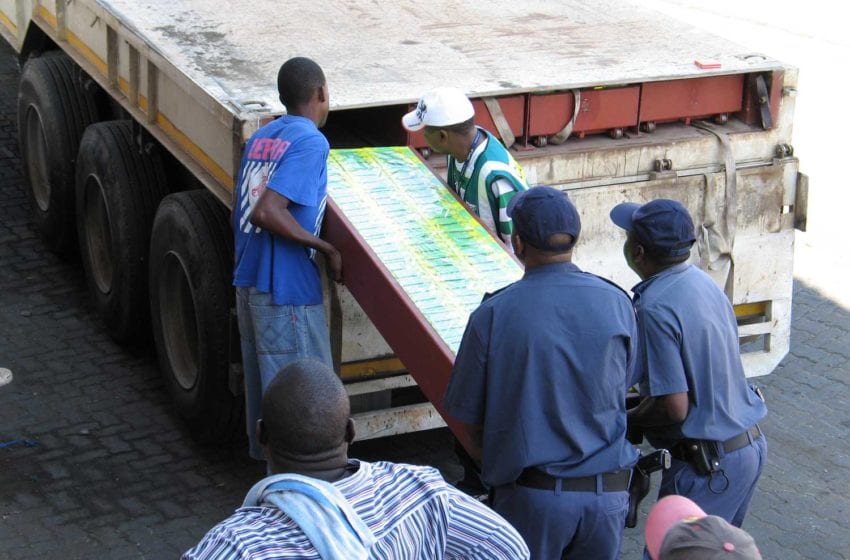
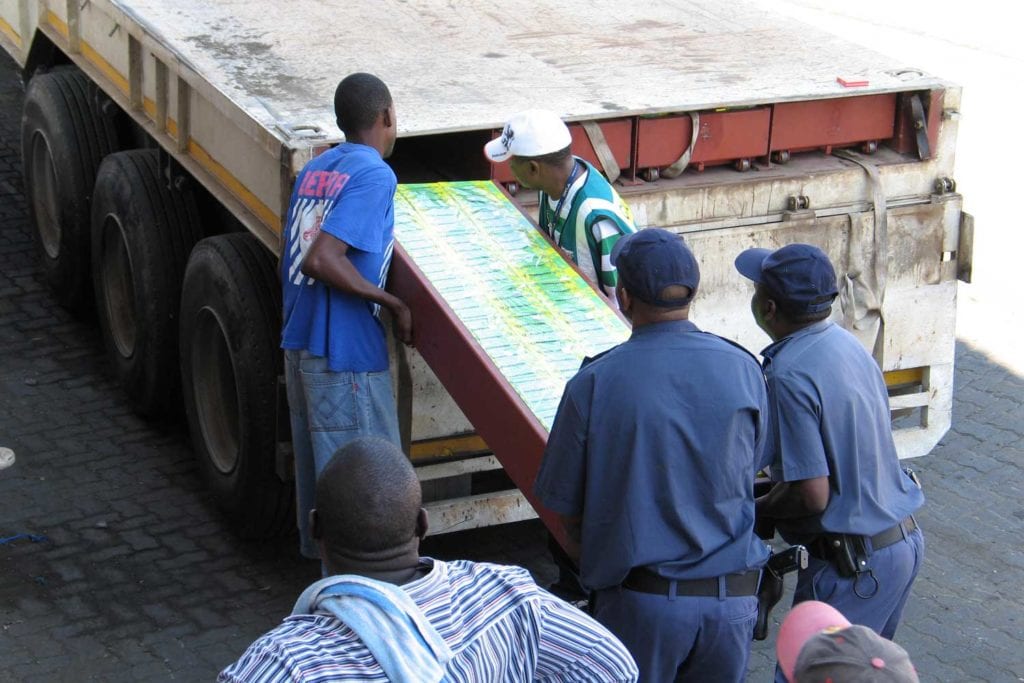



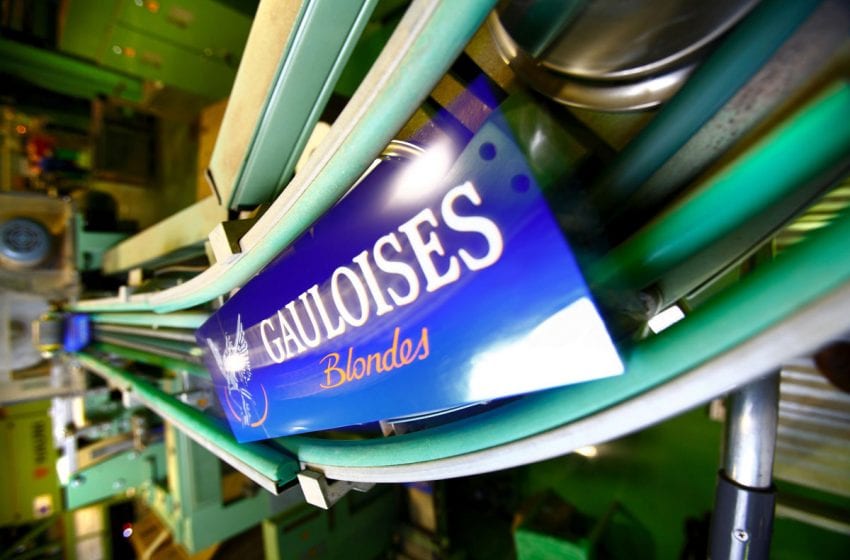
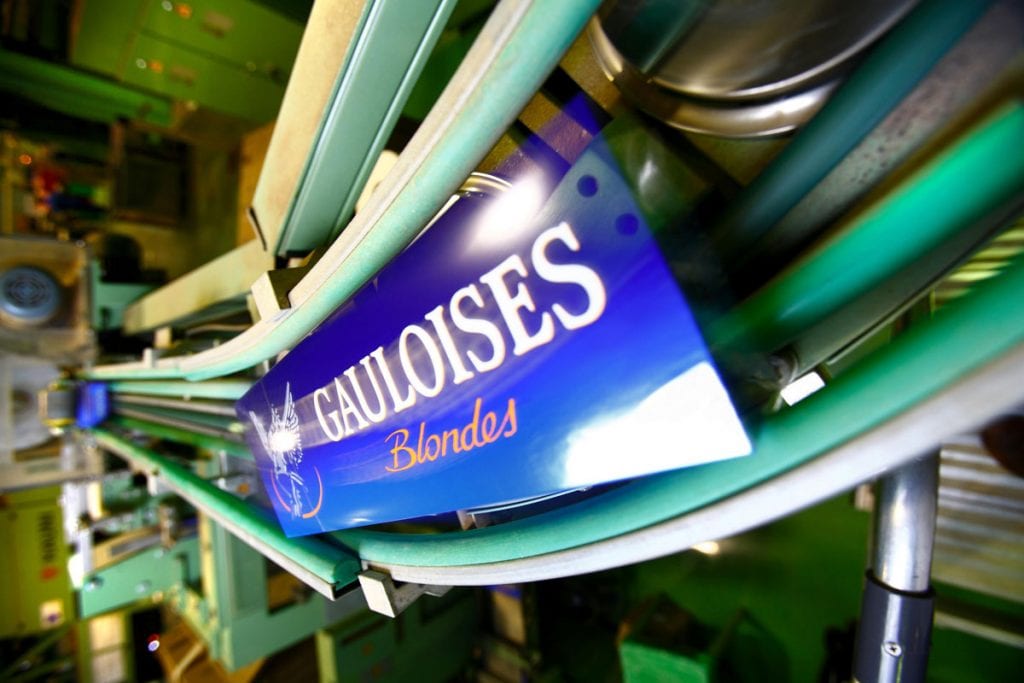




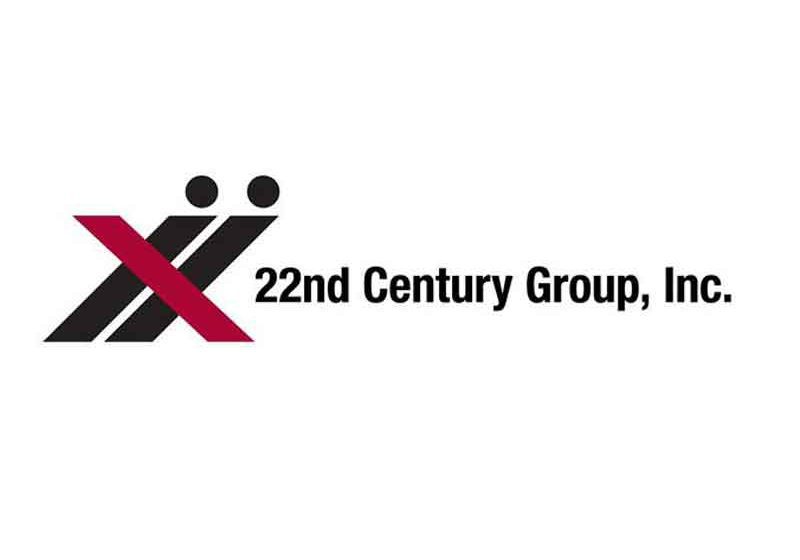
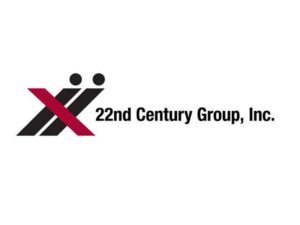 22nd Century Group reported net sales of $19.4 million for the third quarter of 2022, up 148 percent over that posted in the comparable 2021 period. The increase was due to increased contract manufacturing volumes as well as the
22nd Century Group reported net sales of $19.4 million for the third quarter of 2022, up 148 percent over that posted in the comparable 2021 period. The increase was due to increased contract manufacturing volumes as well as the 